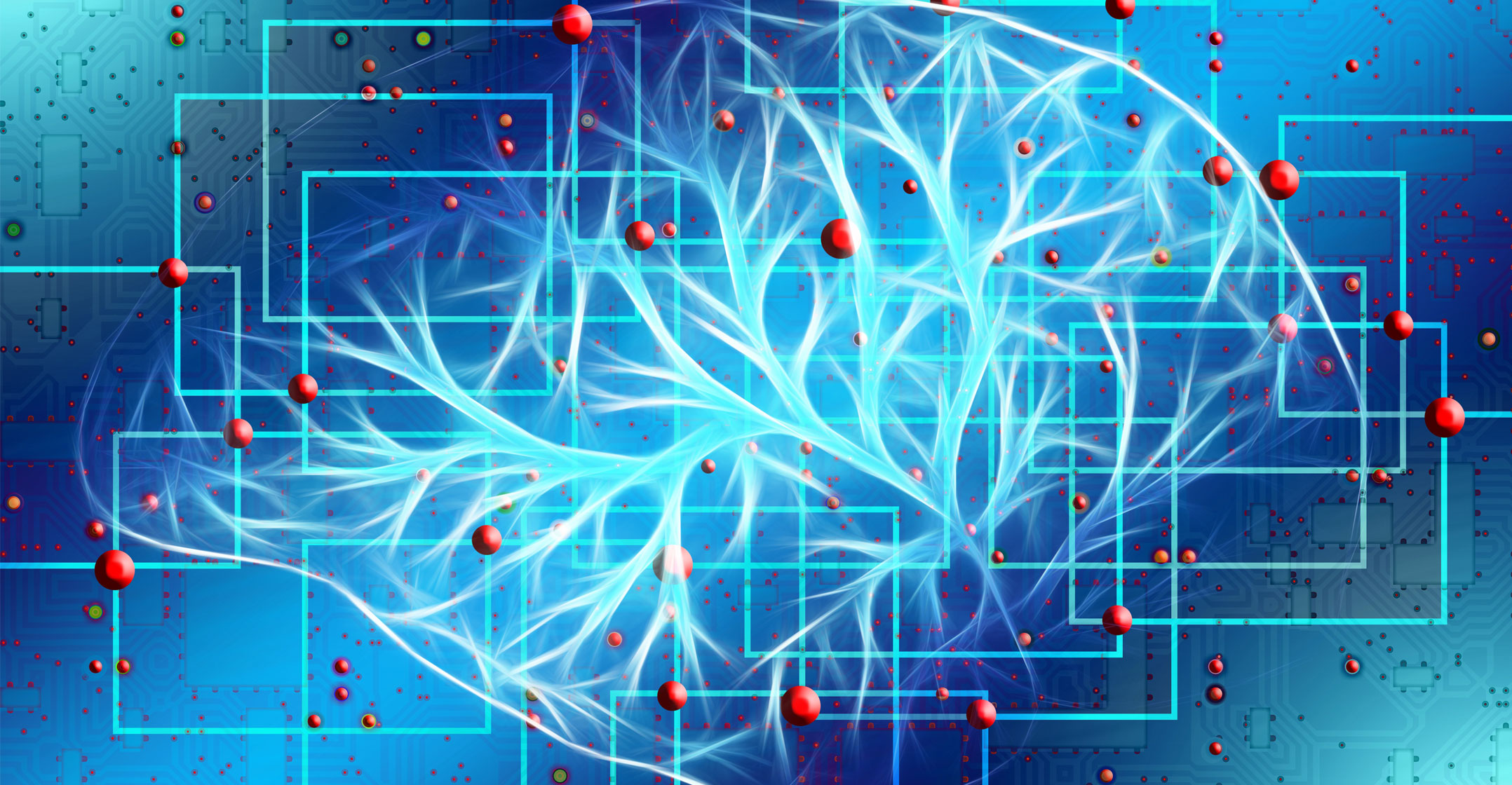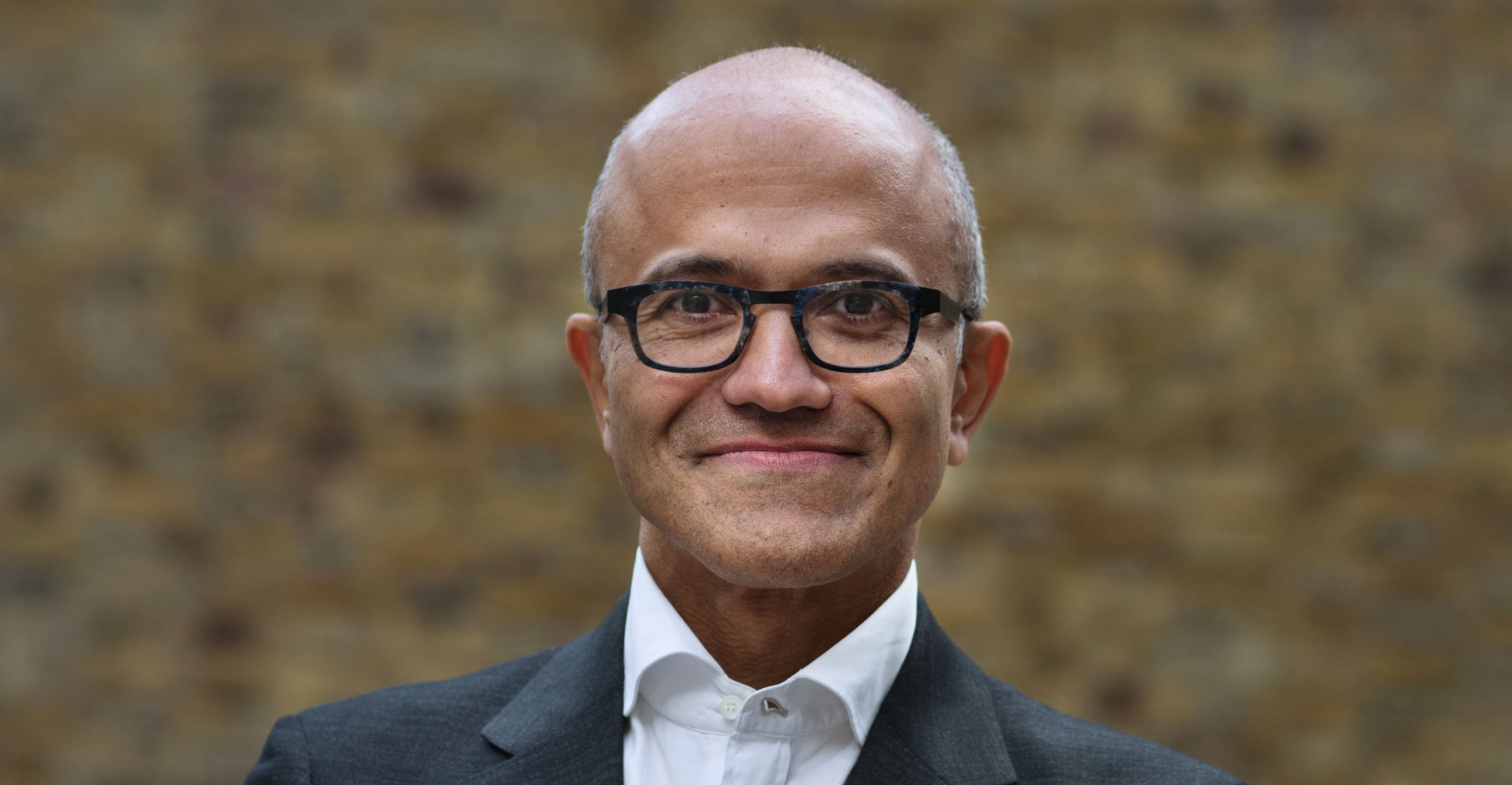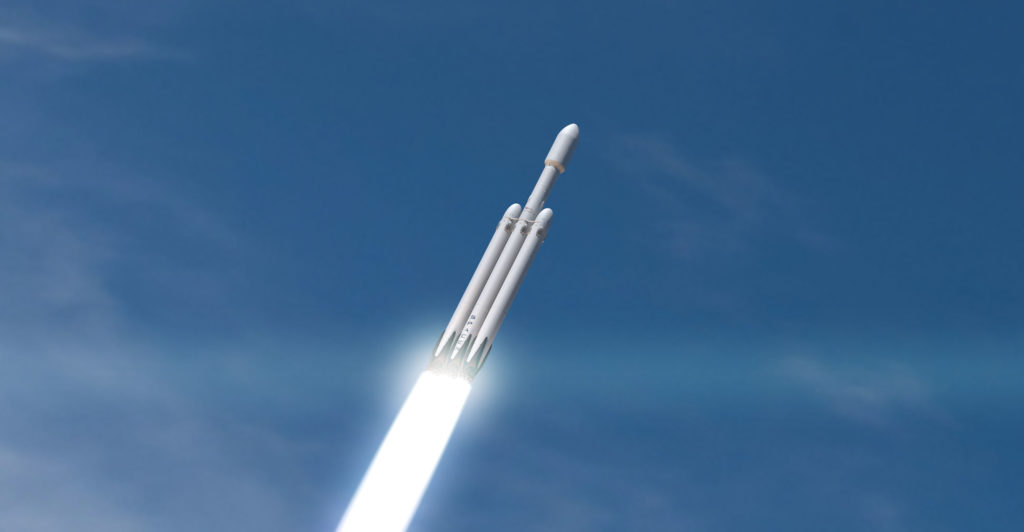 Microsoft has agreed to invest US$1-billion in a partnership with research group OpenAI, gaining a prominent cloud-computing customer from the artificial intelligence field.
Microsoft has agreed to invest US$1-billion in a partnership with research group OpenAI, gaining a prominent cloud-computing customer from the artificial intelligence field.
OpenAI, co-founded by Elon Musk and other wealthy Silicon Valley entrepreneurs, will use Microsoft’s Azure cloud services to train and run the group’s AI software. The two will also jointly develop supercomputing technology, and Microsoft will be OpenAI’s preferred partner to commercialise its creations, the companies said in a statement on Monday.
OpenAI started in 2015 with much fanfare. Industry luminaries including Musk and Peter Thiel committed at least $1-billion to the nonprofit to build AI that could match or improve on the technology being developed by tech giants such as Google, Facebook and Microsoft. However, Musk said he left OpenAI’s board last year over disagreements about some of the group’s plans. More recently, OpenAI started a for-profit arm to help it raise more money.
A partnership with Microsoft, which has more than $100-billion in cash, is a quick solution to OpenAI’s funding needs. But it’s an about-face of sorts. The group was seen by some in the AI community as an important counterbalance to large technology corporations that have snapped up talent and used their computing power and huge data hoards to leap ahead in the field.
Advocacy groups and policy makers have raised concerns about some types of AI and called for regulation to increase transparency, guard against bias and ensure the technology isn’t used for military purposes and other dangerous applications. Those issues are likely to become more pressing as researchers try to develop AI that has more human-like capabilities.
Worries
In February, OpenAI unveiled an algorithm that can write coherent sentences, including fake news articles, after being given just a small sample. The implications were so worrying that the group opted not to release the most powerful version of the software.
The partnership between Microsoft and OpenAI will focus on artificial general intelligence, which aims to get computers to learn new skills and complete varied tasks like humans can. That’s a contrast to existing AI, which can learn specific jobs, such as understanding images, but can’t tackle different problems on its own.
AGI, and the ability for computers to potentially teach themselves so much they eclipse humans, was what disturbed Musk so much that he helped found OpenAI. On Monday, Microsoft and OpenAI addressed such concerns.

“The creation of artificial general intelligence will be the most important technological development in human history, with the potential to shape the trajectory of humanity,” said Sam Altman, CEO of OpenAI. “It’s crucial that AGI is deployed safely and securely and that its economic benefits are widely distributed. We are excited about how deeply Microsoft shares this vision.”
Microsoft CEO Satya Nadella said the goal is to “democratise AI — while always keeping AI safety front and centre — so everyone can benefit”. Microsoft and OpenAI said the work will be governed by both companies’ AI ethics policies.
Microsoft is also looking for more Azure cloud customers and for ways to promote Azure’s AI capabilities, so a tie-up with a leading research arm in the field is lucrative. The two organisations will use Microsoft’s work on supercomputers to build technology in Azure that has the scale to train and run more sophisticated AI models.
Other OpenAI investors include the charitable foundation of LinkedIn co-founder Reid Hoffman and venture capital firm Khosla Ventures. Other Silicon Valley entrepreneurs who started OpenAI include Hoffman and Altman, co-founder and former president of start-up incubator Y Combinator. — Reported by Dina Bass, (c) 2019 Bloomberg LP




